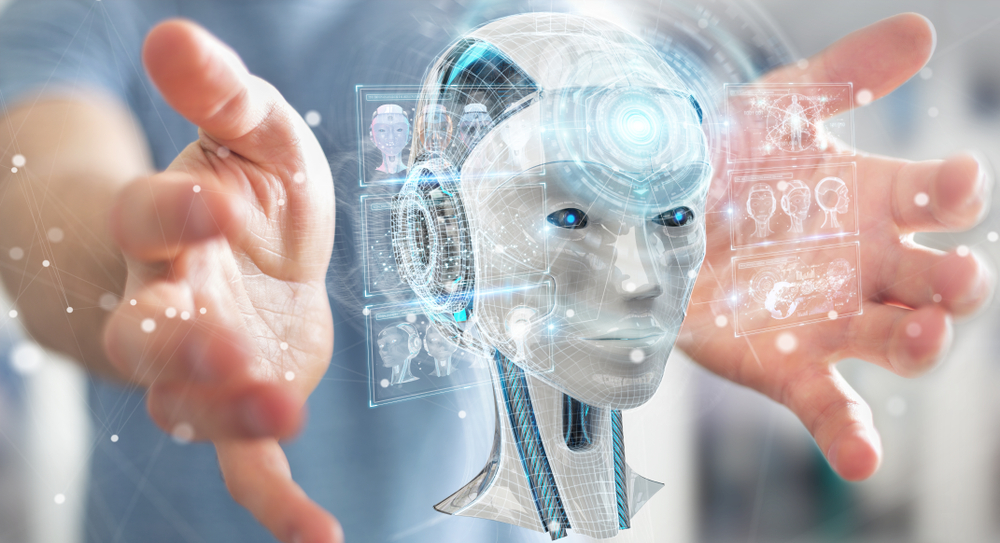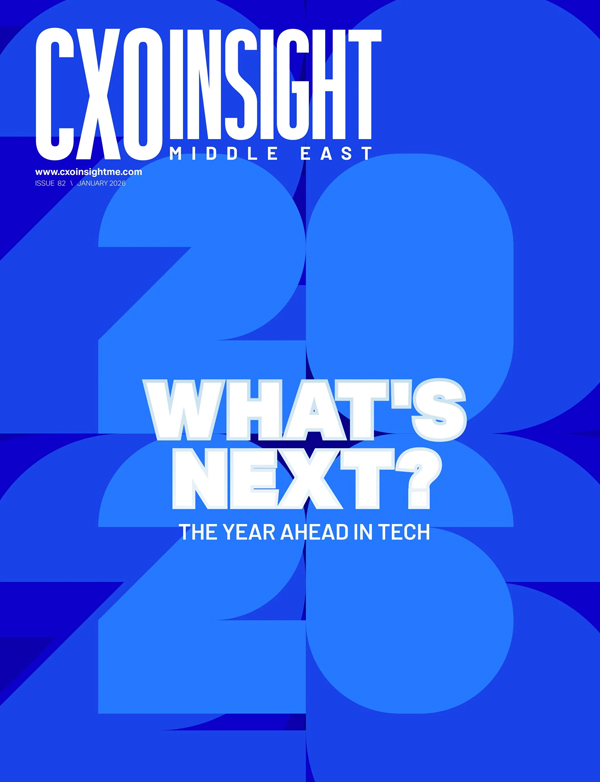To generate value, leaders must fully understand how AI works and where its limitations lie.
“AI will automate everything and put people out of work.” “AI is a science-fiction technology.” “Robots will take over the world.” The hype around artificial intelligence (AI) has produced many myths, in mainstream media, in board meetings and across organisations. Some worry about an “almighty” AI that will take over the world, and some think that AI is nothing more than a buzzword. The truth is somewhere in the middle.
Gartner has identified five common myths and misconceptions about AI.
Myth No. 1: AI works like the human brain
AI is a computer engineering discipline. In its current state, it consists of software tools aimed at solving problems. Some forms of AI might give the impression of being clever, but it would be unrealistic to think that current AI is similar or equivalent to human intelligence.
Although some forms of machine learning (ML) — a category of AI — have been inspired by the human brain, they are not equivalent. Image recognition technology, for example, is more accurate than most humans, but of no use when it comes to solving a math problem. The rule with AI today is that it solves one task exceedingly well, but if the conditions of the task change only a bit, it fails.
Myth No. 2: Intelligent machines learn on their own
A finished ML product gives the impression that it is able to learn on its own. However, experienced human data scientists frame the problem, prepare the data, determine appropriate datasets, remove potential bias in the training data (see myth No. 3) and, most importantly, continually update the software to enable the integration of new knowledge and data into the next learning cycle.
Myth No. 3: AI can be 100% objective
Every AI technology is based on data, rules and other kinds of input from human experts. Because all humans are intrinsically biased in one way or another, so is the AI. Systems that are frequently retrained — for example, using new data from social media — are even more vulnerable to unwanted bias or intentional malevolent influences.
At the moment, there is no way to completely banish bias; however, we have to try our best to reduce it to a minimum.In addition to technological solutions, such as diverse datasets, it is crucial to also ensure diversity in the teams working with the AI and have team members review each other’s work. This simple process can significantly reduce selection and confirmation bias.
Myth No. 4: AI will only replace mundane jobs
AI enables businesses to make more accurate decisions via predictions, classifications and clustering. These abilities have enabled AI-based solutions to reach deep into work environments, not only replacing mundane tasks, but also augmenting those that are more complex.
Take, for example, the use of imaging AI in healthcare. A chest X-ray application based on AI can detect diseases faster than radiologists. In the financial and insurance industry, roboadvisors are being used for wealth management and fraud detection. These capabilities don’t eliminate human involvement in those tasks but will eventually limit it to observing and dealing with unusual cases. Adjust job profiles and capacity planning and offer retraining options for existing staff.
Myth No. 5: My business does not need an AI strategy
Every organization should consider the potential impact of AI on its strategy and investigate how this technology can be applied to the organization’s business problems. In many ways, eschewing AI exploitation is the same as forgoing the next phase of automation, and could place enterprises at a competitive disadvantage.
Even if your current AI strategy is ‘no AI’, this should be a conscious decision based on research and consideration. And — as with every other strategy — it should be periodically revisited and changed according to the organisation’s needs.










Discussion about this post